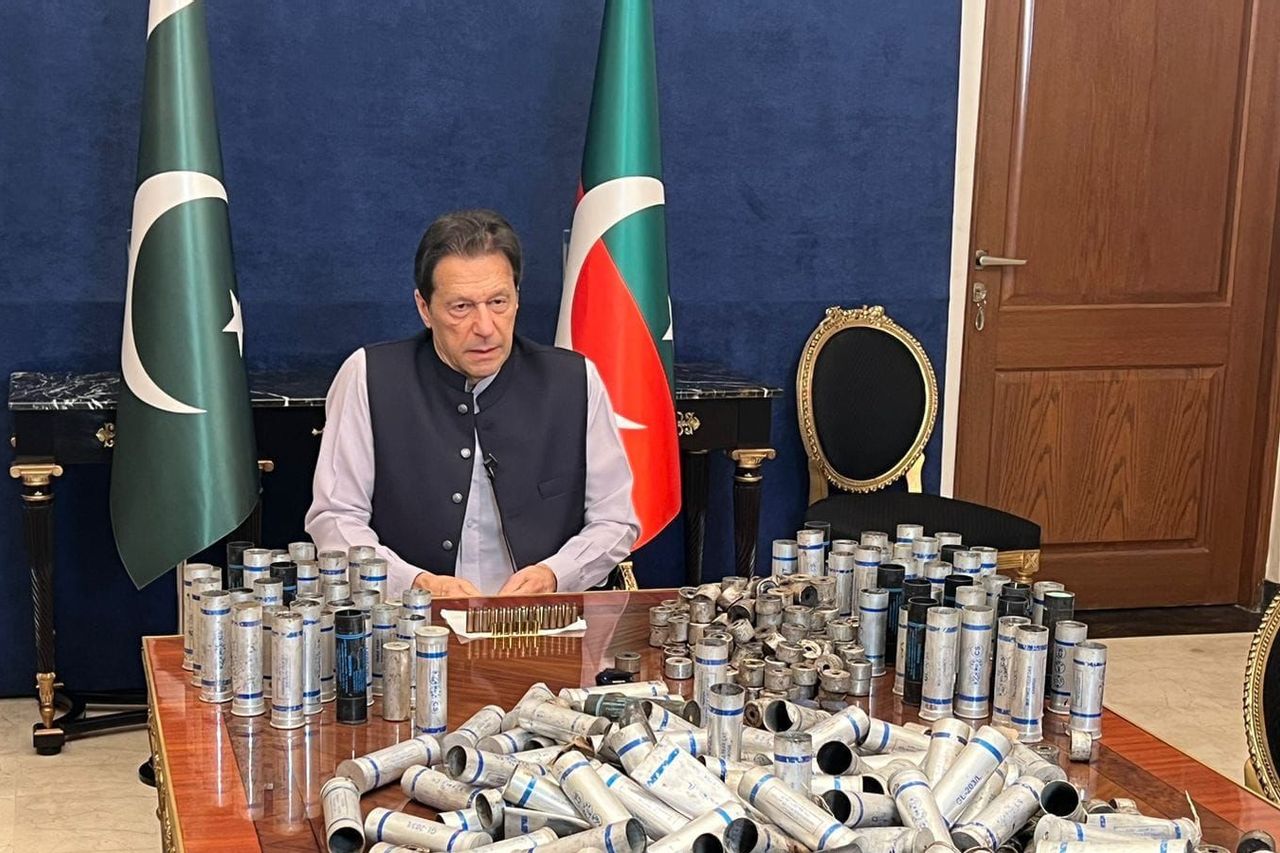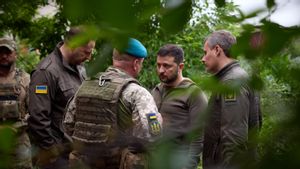Former Pakistani PM Imran Khan Convicted: Detained Since Saturday, Lawyers Call Cell Small with Flies and Insects

JAKARTA - Former Pakistani Prime Minister Imran Khan is being held in a small, dirty prison cell, one of his lawyers said Monday after being granted access to see him in prison, as he prepared to appeal his client's corruption conviction.
Khan, 70, has been in the midst of political turmoil since he was ousted as prime minister in a vote of no confidence last year, raising fears about stability in the nuclear-armed nation that is grappling with an economic crisis.
Police took Khan from his home in Lahore City on Saturday and transferred him to a prison in Attock district, near the capital Islamabad. A court found him guilty of corruption charges related to the unlawful sale of state gifts, sentencing him to three years in prison.
"I met Imran Khan who told me, 'they put me in class C'," said Naeem Panjutha, the lawyer, referring to conditions in prison where he spent less than two hours with Khan preparing paperwork to appeal, reported by Reuters August 8.
"It was a small room that had an open washroom where he said there were flies during the day and insects at night," Panjutha continued.
Khan's legal team also appealed to the authorities to provide better conditions in prisons, Panjutha told reporters in Islamabad earlier.
It is known that political prisoners are entitled to better "class B" facilities, including access to television, newspapers, and books.
Meanwhile, spokesmen for the government and prison authorities did not respond to repeated requests for comment regarding the conditions of Khan's detention.
With the corruption conviction handed down against him, which was rejected and said Khan was politically motivated, the former cricket athlete is likely to be disqualified from standing in the general election which is being held next November.
SEE ALSO:
Khan's arrest is the latest in a series of blows that have weakened his political standing, after he fell out with the ruling military and split his party.
Since his overthrow, Khan has campaigned for snap elections and organized protests, which ended in significant violence on May 9, increasing tensions with the military.
Khan accused the military and political opponents of conspiring to prevent him from standing in the election. The military, which has ruled Pakistan for nearly half of its history, denies this.


